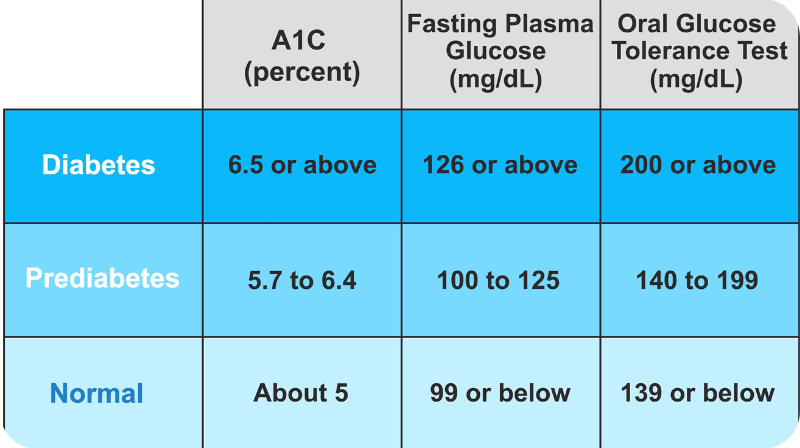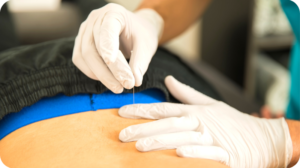A study out of the London School of Hygiene & Tropical Medicine indicates that individuals with higher-than-normal blood sugar levels are at increased risk of cardiovascular diseases. The researchers found that the risk was significant—between 30 percent and 50 percent more than a person with normal blood sugar levels.

Elevated levels are considered anything over 100 mg/dl from a fasting glucose test. Prediabetes is defined as consistent blood sugar levels between 100 and 125 mg/dl, while diabetes is diagnosed by two consecutive fasting glucose tests of 126 mg/dl or more.
Given the increasing prevalence of prediabetes and Type 2 (adult onset) diabetes, this research adds another layer of concern for anyone who has been tested with high blood sugar.
Protecting Yourself
Although this latest study focuses on cardiovascular disease risk, the detrimental effects of high blood sugar levels are hardly limited to the heart. Elevated blood sugar has been tied to serious conditions from blindness to cancer. Fortunately, you can make simple lifestyle changes that will have a significant impact on blood sugar levels.
- Reduce refined sugar intake. Although eating refined sugar does not directly cause pre-diabetes or diabetes, it does contribute to the development of those diseases and can cause unhealthy blood sugar spikes. Eat refined sugar in small amounts, or avoid it entirely by turning to sugar-free, low glycemic index alternatives like monk fruit sugar, allulose, or erythritol. Or, better yet, replace sugary treats with ripe seasonal fruits.
- Curb carbs. Carbohydrates, especially processed carb-heavy foods, can spike blood levels and add to weight gain that complicates blood sugar problems. Rather than premade snacks, chips, and processed carbs, choose complex carbs like whole grain breads, oatmeal, nuts, beans, and vegetables. As the name indicates, complex carbs take much longer to break down and release glucose than simple carbs do. That means they introduce less sugar into the blood stream, much more slowly.
- Exercise. Vigorous physical activity can improve blood sugar levels in several ways. First, stressing muscles causes them burn elevated amounts of glucose for energy. That’s why you can actually lower blood sugar levels over the course of a long workout. But exercise also increases “insulin sensitivity.” This describes how efficient your body’s insulin will be in unlocking cells for glucose to enter. High insulin sensitivity means your body is more efficient at removing circulating blood sugar. This affect can last for up to 24 hours after a vigorous workout. Lastly, exercise can reduce appetite and diminish sugar cravings.
Although improving your diet and exercising more are easy ways to lower blood sugar levels, it’s wise to know where you’re starting. That’s why you should consult with your primary caregiver and request a blood test that includes fasting blood sugar levels and more refined measurements such as an A1C text. You can learn more about the latest on blood sugar management, prediabetes, and diabetes, on the website of the American Diabetes Association.







